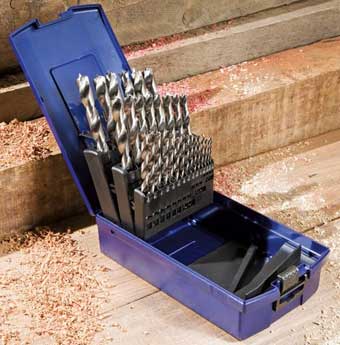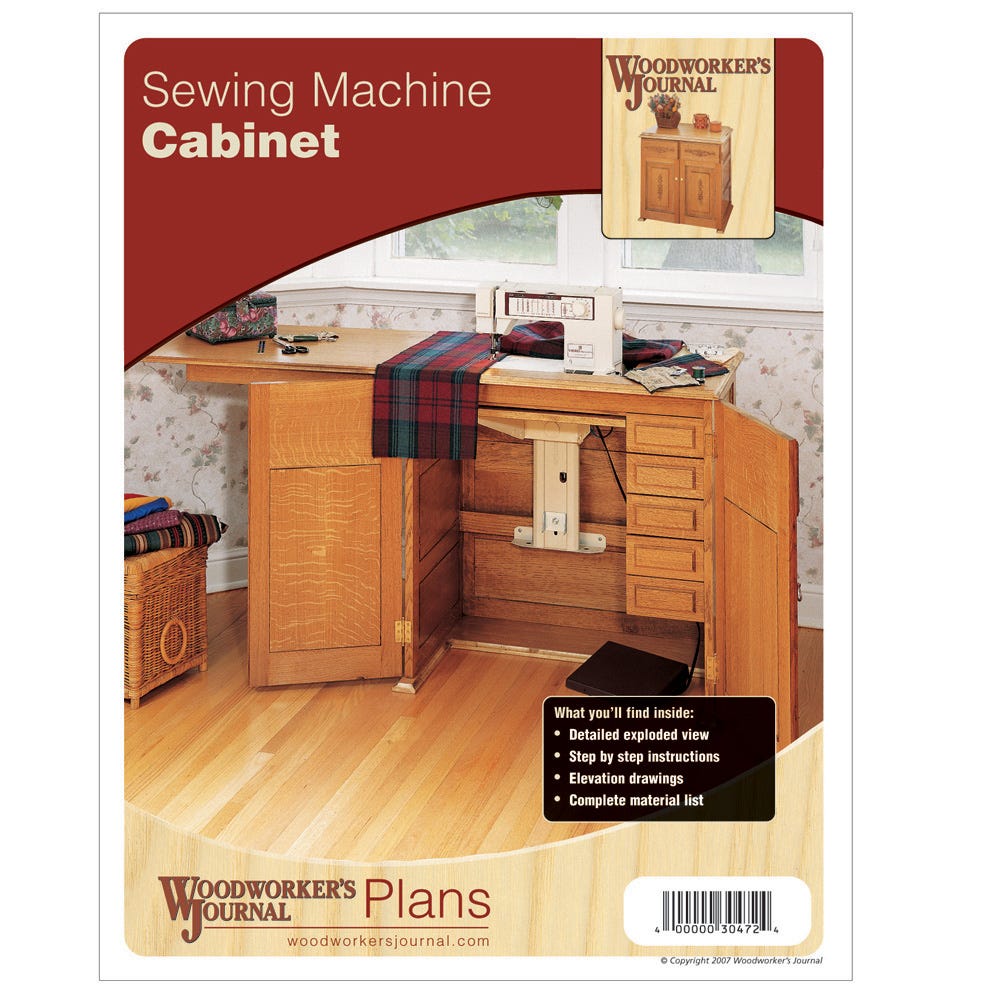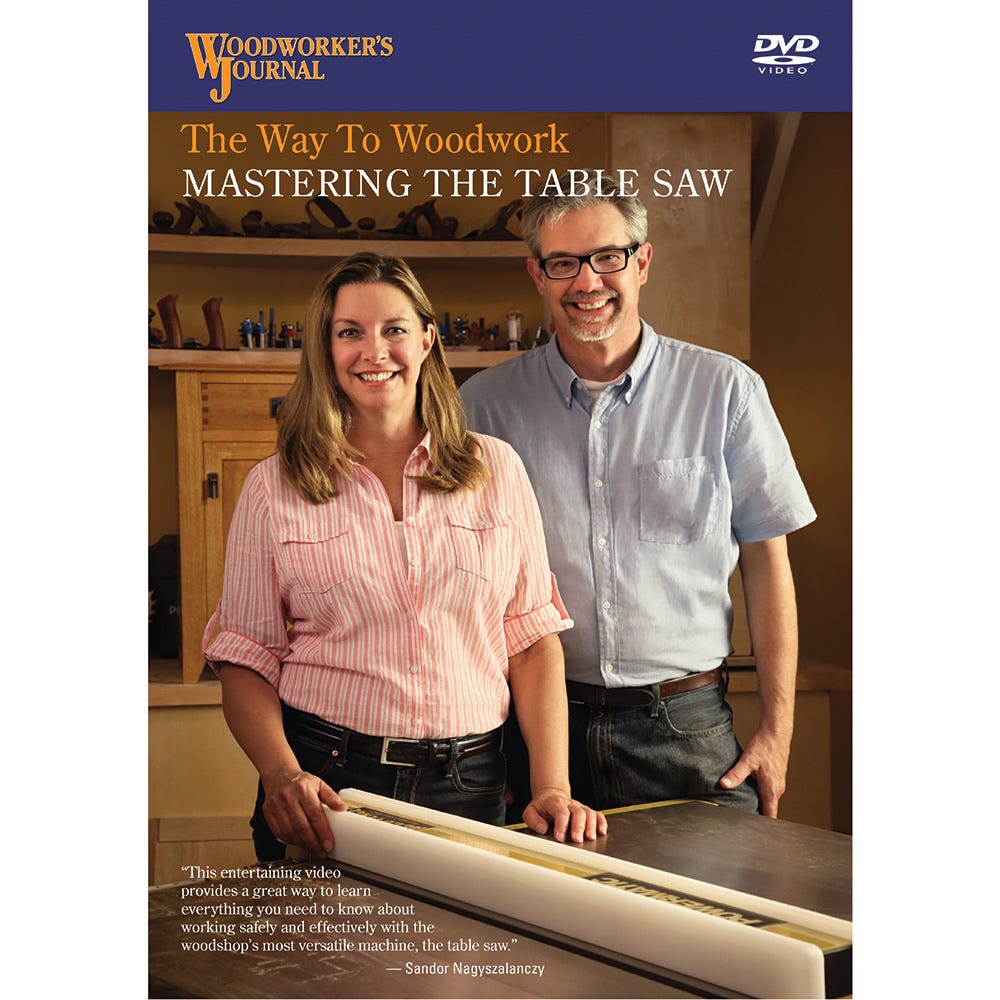
On several occasions, I have had to drill out a dowel in a chair or just drill holes for the dowels that you can purchase in hardware stores. These are not the small dowels but the dowels that come in 3-foot lengths. My problem is that none of my standard drill bits or Forstner bits match the diameter of any of these dowels. The holes drilled have to be a little too large or small, so I have to figure out how to handle that problem. Is there a special set of bits that match the sizes for the large and small dowels? This has got to be a problem for all woodworkers. – Al Schilling
Chris Marshall: I’ve been in the same situation as you, fitting undersized or oversized dowels into standard-sized dowel holes. It’s frustrating and, I suspect, due to some poor quality control standards where the dowels are made. So far as I’m aware, there are no specialized drill bits designed to cope with odd-sized dowels. But, you can get high quality brad-point bit sets sized in 1/64-in. increments as well as metric sizes. Rockler and other woodworking suppliers sell them. These bits should be close enough to handle any strangely sized dowel that comes your way.
Tim Inman: The problem probably isn’t your set of bits. More than likely it is the dowel! They may be made to metric diameters, or they may have been cut “green” and have dried to irregular shape and diameter. This is most likely the case. If you really need precision diameters, consider making up a simple tool to “resize” the dowels. An ordinary piece of flat steel will do. We call this tool a “match plate.” Drill precise holes in it for the dowel sizes you’ll want. Leave the burr on the back side of the hole where the drill comes through. When you want to resize a dowel, drive it through the plate – from the burr side. Just start the dowel into the hole by hand, then smack it with a mallet. Crude, but it works – much better than you might think. I learned this little trick from a conservator I studied with, and greatly respected as a cabinetmaker. His name was Mervin Martin – a name which should be much better known by today’s woodworkers than it is. He was a master in the best sense of the word.







